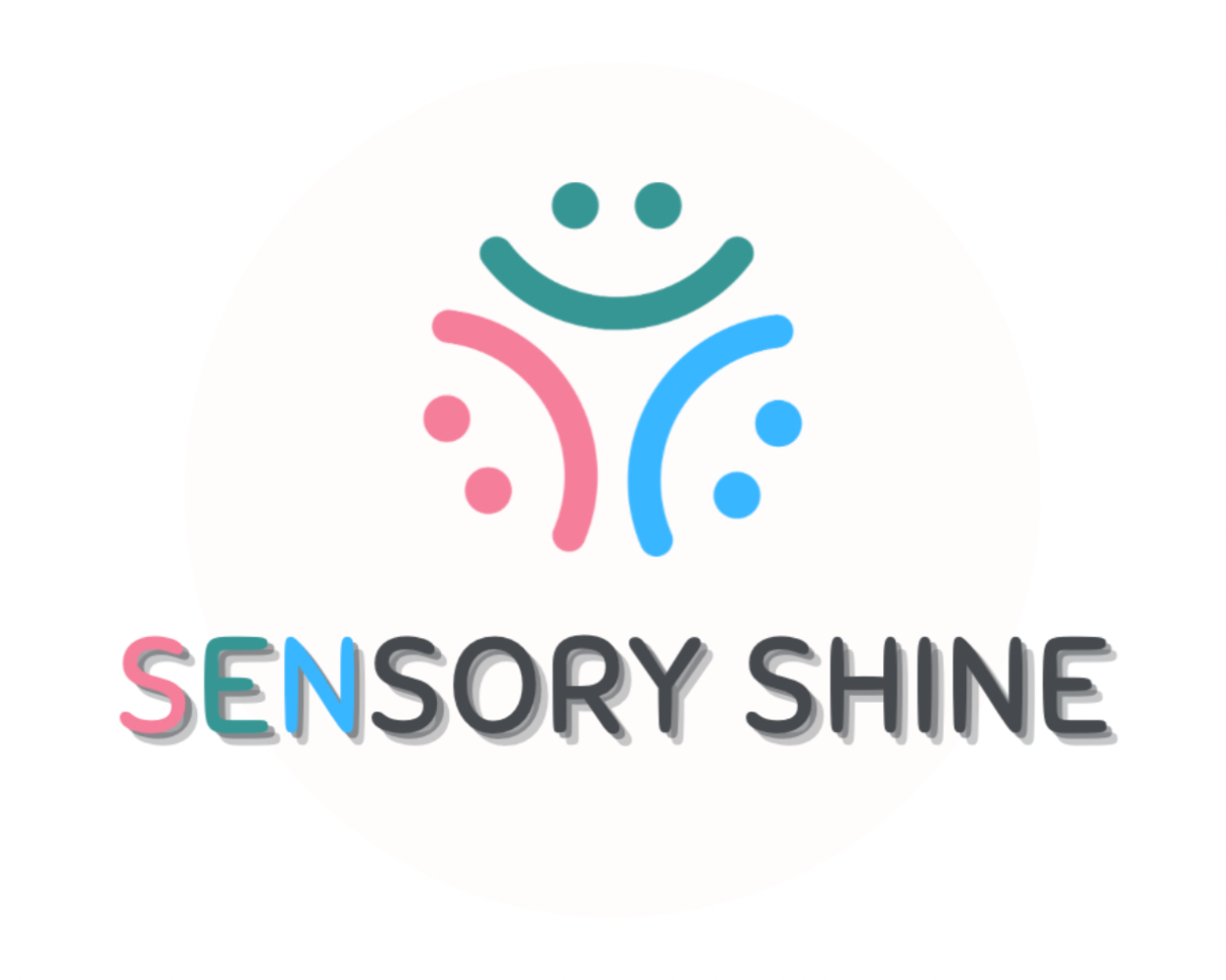💬 Introduction: Why This Moment Matters
Learning your child is autistic can bring a wave of emotions. Sharing the news with family and friends is one of the most vulnerable parts of the journey-and one of the most important.
You may worry about how people will react. Will they understand? Will they judge? Will they say the wrong thing? That's completely normal. This guide will help you find the right words, protect your energy, and advocate confidently for your child.
👨👩👧 Why Sharing the Diagnosis Can Be Difficult
For many parents, the challenge isn't just explaining autism-it's navigating misunderstanding, disbelief, or outdated views from others. Here's what you might encounter:
"She seems fine to me."
"All children do that sometimes."
"I wouldn't label him."
These comments, though often well-meaning, can be hurtful. They reflect a lack of awareness, not your parenting.
💡 Quick Reframe: You're Not Seeking Permission-You're Offering Insight
Remember: you are not asking for validation. You are giving people a chance to understand your child better-so they can love and support them more fully.
📢 What to Say: Simple, Empowering Scripts
Start with honesty and clarity. Here are some script examples you can tailor:
➤ To a close family member:
"We've recently learned that [Child's Name] is autistic. It explains a lot about how they experience the world. It's not something to be fixed-it's something to be understood."
➤ To a friend:
"We wanted to let you know that [Child's Name] has been diagnosed with autism. We're learning how to best support them, and we'd love for you to be part of that too."
➤ If someone responds dismissively:
"It's okay if you don't fully understand yet, but we ask that you respect our experience and follow our lead when it comes to supporting [Child's Name]."
🛑 How to Handle Negative Reactions
Not everyone will react the way you hope and that's not your fault. Here's how to protect your peace:
Use boundaries, not battles.
"We're focusing on supportive voices right now. We'd love to continue this conversation when you're open to understanding."
Redirect the focus.
"This isn't about labels-it's about [Child's Name] getting what they need to thrive."
Offer resources.
"If you're open to learning more, we can share some great articles or videos that explain what autism really is."
🧠 Tip: Normalize and Affirm
Help your circle understand that autism isn't a tragedy-it's a neurotype. It simply means your child sees, processes, and experiences the world differently. The more people know, the more they'll be able to connect and celebrate your child's strengths.
🧰 Tools to Support the Conversation
Parents often ask: "How do I get them to understand?" Here are helpful ways:
Share videos from autistic adults on YouTube (e.g. Yo Samdy Sam, Paige Layle)
Recommend inclusive books like "The Reason I Jump" or "Neurotribes"
Use visual aids or metaphors (e.g., "Imagine being on a rollercoaster all day with no seatbelt-that's how noise feels to my child.")
🤝 Building a Supportive Circle
In time, people who truly care will step up, learn, and love louder. Focus your energy on those who uplift your family. You are not alone-and you're not responsible for fixing everyone's perspective.
You're doing something incredibly brave: advocating for your child while educating the people around you. That's powerful parenting.
🛍️ Want Tools That Help Explain Autism?
At Sensory Shine, we design sensory-friendly oral hygiene products that help families thrive, whether you're managing routines, calming meltdowns, or starting important conversations. Explore our products here Sensory Shine
🙋♀️ FAQ: Talking About an Autism Diagnosis
❓How do I tell my parents that my child is autistic?
Be honest, calm, and prepared. You might say:
"We've recently had [Child's Name] assessed, and they're autistic. It's helped us understand their needs and strengths more clearly. We'd love your support as we learn more."
You're not asking for permission-you're inviting them into a more informed and supportive relationship.
❓What if family doesn't believe in the diagnosis?
Stay grounded. You can respond with:
"It's okay if you don't understand yet, but please respect our decision to follow professional advice and give [Child's Name] what they need to thrive."
Set boundaries, not battles.
❓Should I tell extended family and friends?
Only if and when it feels safe and necessary. Some parents choose to tell only those who play an active role in the child's life. It's your call-no guilt required.
❓What if someone reacts negatively or says something hurtful?
Stay focused on protecting your child's emotional well-being-and your own. You might say:
"This conversation is important to us. If you're open to learning, we're happy to share more-but we won't tolerate judgment."
❓How can I help people better understand autism?
Offer resources created by autistic people themselves. Consider sharing videos, blogs, or books, and speak about autism in an affirming, respectful way. Let people see your child's strengths and beauty-not just the challenges.




Leave a comment
This site is protected by hCaptcha and the hCaptcha Privacy Policy and Terms of Service apply.